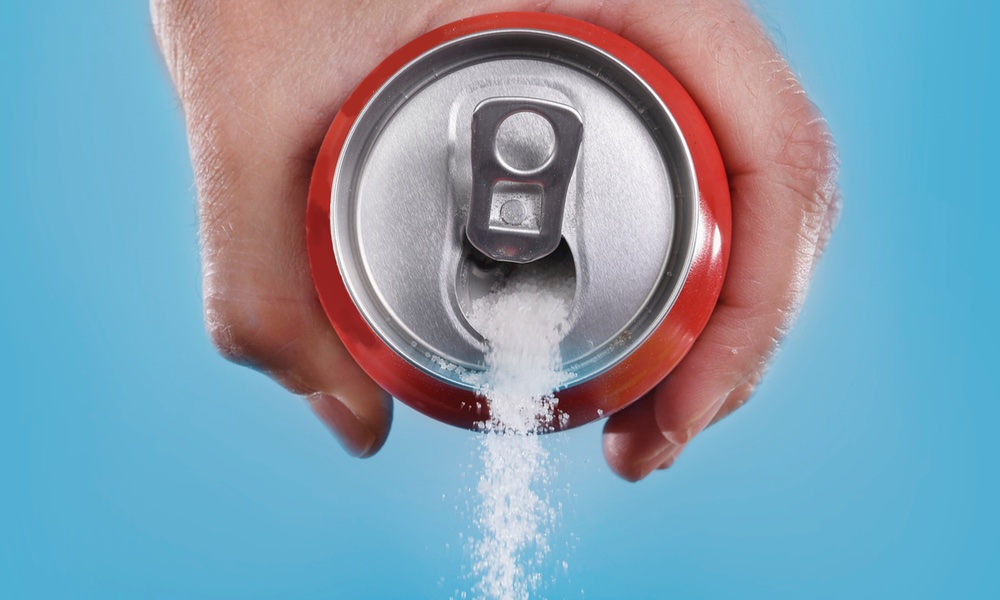You've probably heard the lyrics “Just a spoonful of sugar helps the medicine go down,” but you may want to re-think the sweet stuff. Sugar, even moderate amounts, encourages our cells to age faster, a new study has found.
A University of California, San Francisco (UCSF) team set out to better understand how what we eat affects cellular aging as evidenced by our epigenetic clocks, a biochemical reading that offers a snapshot of both our present health and our lifespan by measuring the way tissues and cells are aging.
Not surprisingly, the researchers found that the better people eat, the more youthful their cells appear.Even when we eat an overall healthy diet, for each gram of added sugar consumed, our cell's biogenic age increases.
“We knew that high levels of added sugars were linked to worsened metabolic health and early disease, possibly more than any other dietary factor,” the study's co-senior author, Elissa Epel, a UCSF professor in the Department of Psychiatry and Behavioral Sciences, said in a press release. “Now we know that accelerated epigenetic aging is underlying this relationship, and this is likely one of many ways that excessive sugar intake limits healthy longevity.”
The researchers analyzed food records of 342 Black and white women with a mean age of 39 years who resided in Northern California. The team compared the participants' diets with epigenetic clock measures, which were taken from samples of the women's saliva.The good news is that just by cutting out 10 grams of sugar daily — or one Krispy Kreme doughnut or three Chips Ahoy! Cookies — you can significantly lower your biological age.
In addition, the team scored the women's diets to see how closely they compared to Mediterranean-style fare which is known to be rich in anti-inflammatory and anti-oxidant foods and has been associated with a lower risk of chronic disease.
When the researchers looked at the amount of sugar participants ate, they found that consuming foods with added sugar was associated with accelerated biological aging — even if the women's diets were otherwise healthy.
In fact, each additional gram of sugar the participants consumed aged their cells even more. One reason is that high levels of sugar in the blood can lead to chronic inflammation, which has been associated with heart disease, obesity, diabetes, liver disease and cancer.We consume sugar in lots of different ways — from a bar of milk chocolate that has about 25 grams to a 12-ounce soda that has on average, 39 grams.
So how much sugar is too much sugar? The U.S. Food and Drug Administration recommends limiting sugar to 50 grams a day. Keep in mind that we consume sugar in lots of different ways – from a bar of milk chocolate that has about 25 grams to a 12-ounce soda that has on average, 39 grams.
The next time you crave a snack, pass on the sugary treats and opt instead for:
- Popcorn
- Roasted chickpeas
- Non-fat Greek yogurt with no added sugar
- Fresh veggies and hummus
- Handful of almonds
- Cottage cheese
- Edamame
The study is published in JAMA Network Open.





